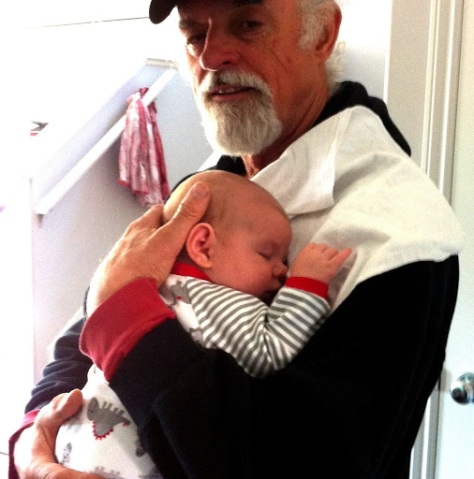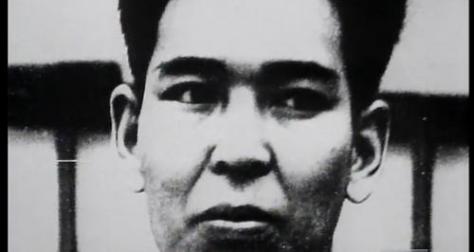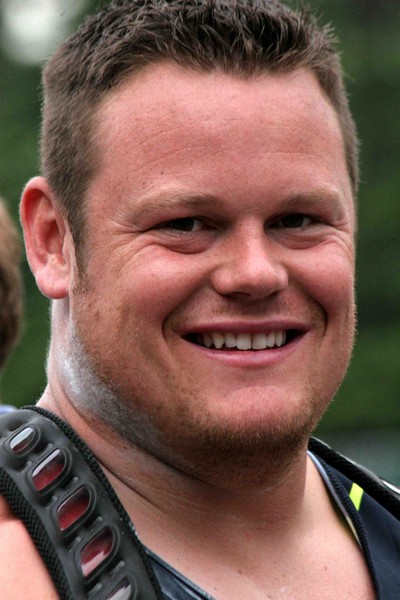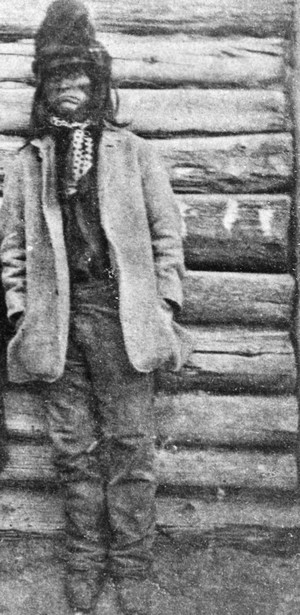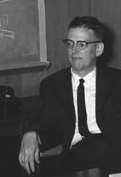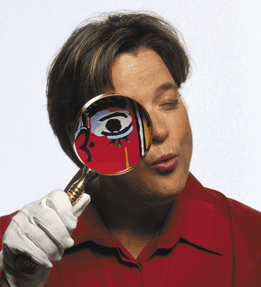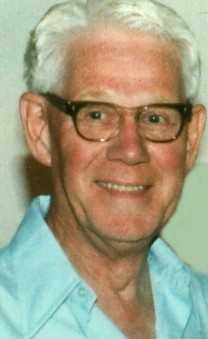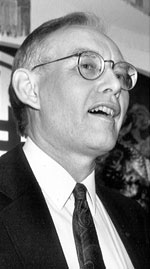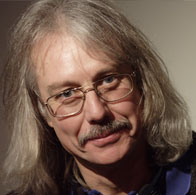
Ian Weir is a stage and radio playwright, screenwriter, and novelist. Born in North Carolina, he was raised in Kamloops, and worked as a newspaper reporter before completing a BA in English at the University of B.C. and an MA in Medieval Literature at King’s College, London. Weir wrote plays for Western Canada Theatre Company in Kamloops that connect with the history of the city including Flyin’ Phil and The Mclean Boys (see entry on Phil Gaglardi and Donald Mclean) and the Award-wining The Idler in 1987.
Over the past fifteen years Ian has written extensively for television with more than 100 episodes for nearly two dozen series in Canada and the U.S., including Beachcombers, ReBoot, Flashpoint and Arctic Air. Awards include two Geminis, four Leos and a Writers’ Guild of Canada Screenwriting Award.
Ian lives in Langley, B.C. with his wife Jude and their daughter Amy (from Weir’s website and Small Cities interview).

